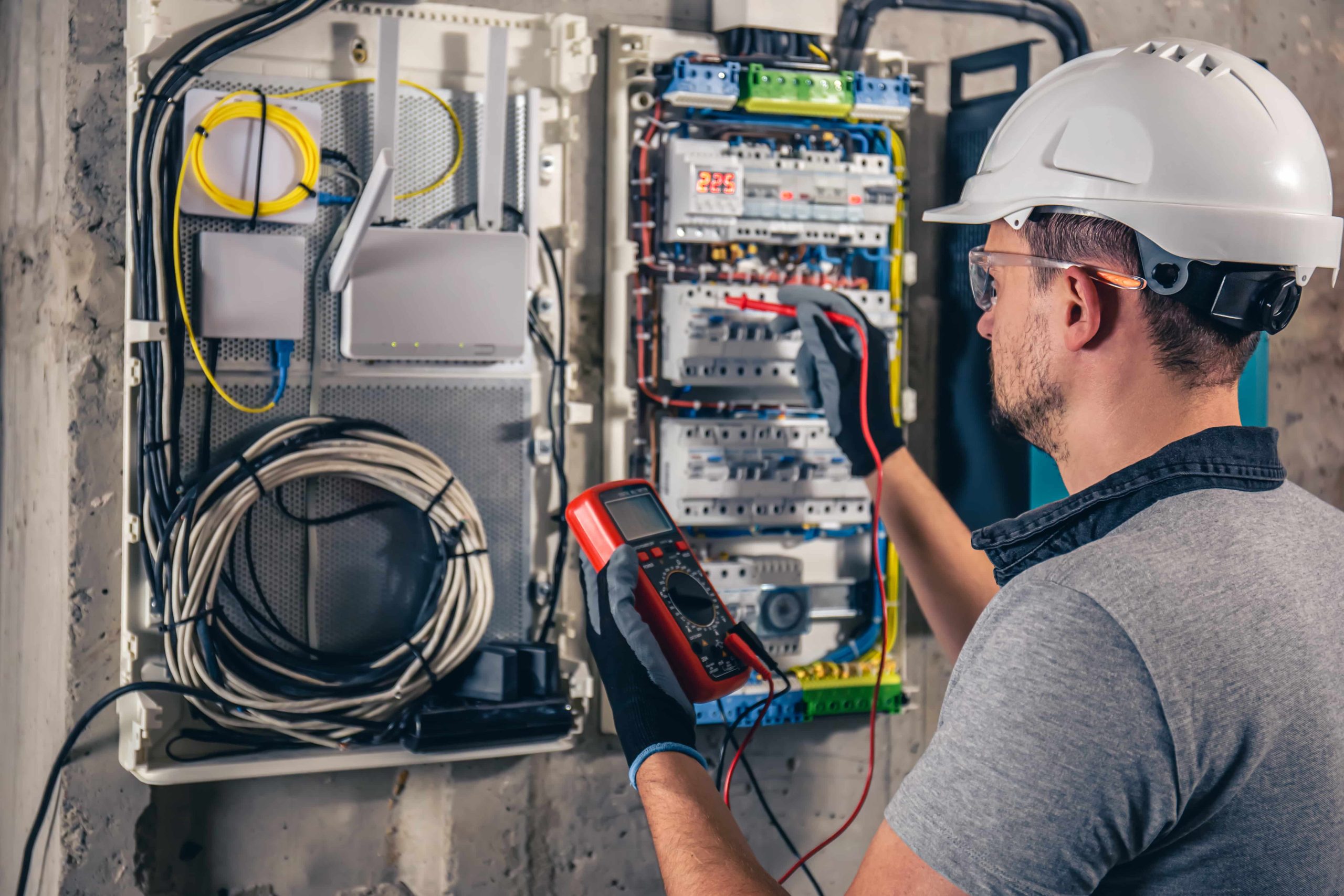
What Are Amps, Watts, Volts and Ohms?
When working with electronics or electrical systems, it is important to understand the difference between volts, amps and watts. These are three basic units of measurement that are commonly used in the field of electricity.
Volts
Volts (V) represent the unit of electrical potential difference or voltage. In simpler terms, it is the amount of force that pushes electricity through a circuit. A higher voltage means that there is more potential for electricity to flow, while a lower voltage indicates less potential.
For example, your home’s electrical outlets typically provide 120 volts, while power lines can carry thousands of volts.
Amps
Amps (A) refer to the unit of electric current, which is the rate at which electricity flows through a circuit. It measures the amount of electricity passing through a point in one second.
Think of amps as the volume knob on your stereo – it controls how much electricity is flowing through the circuit. A higher amp rating means more electricity is flowing, while a lower amp rating indicates less flow.
Watts
Watts (W) are the unit of power, which is a measure of how much energy is used per second. In other words, it represents the rate at which electricity is being used.
To continue with our stereo analogy, watts are like the volume level that your speakers produce – it determines how much energy (sound) is produced. The higher the wattage, the more energy is being used.
Understanding the Relationship Between Volts, Amps and Watts
All three units – volts, amps and watts – are closely related and interdependent. They form the basis of Ohm’s Law, which states that voltage is equal to current multiplied by resistance (V=IR).
In simpler terms, this means that for a given voltage, increasing the amperage will also increase the wattage. Similarly, if the amperage remains constant and the voltage is increased, the wattage will also increase.
It is important to note that while volts, amps and watts are all essential units of measurement in electricity, they measure different aspects of electrical systems. Understanding their relationship and how they work together is key to properly designing and working with electrical circuits. It is also important to follow safety precautions when dealing with high voltage or amperage, as they can be dangerous if not handled properly.
In conclusion, volts, amps and watts are three fundamental units of measurement used in the field of electricity. Volts represent electrical potential difference, amps measure electric current, and watts measure power usage. They are all interconnected and understanding their relationship is crucial for working with electrical systems. As technology continues to advance, these units will continue to play a vital role in the development and innovation of new electronics and devices. So, it is important to have a strong understanding of volts, amps and watts in order to truly understand and appreciate the world of electricity.
How Commercial Electricians Can Help?
Although understanding volts, amps, and watts is essential for anyone working with electricity, it is also important to recognize the expertise of electricians in this field. Our After hours commercial electricians in Melbourne are trained professionals who have a deep understanding of electrical systems and how they work.
They can help with various tasks such as installing new circuits, repairing faulty wiring, and conducting safety inspections. They can also provide valuable advice on how to improve energy efficiency in homes or businesses.
In addition, emergency electricians in Melbourne are knowledgeable about safety protocols and can ensure that all electrical work is done in a safe and compliant manner. This is especially important when dealing with high voltage or amperage situations.
Overall, while it is important to have a basic understanding of volts, amps, and watts, it is always best to consult a licensed electrician for any electrical work. They have the expertise and experience to ensure that all electrical systems are functioning properly and safely. So, don’t hesitate to reach out to an electrician whenever you need assistance with your electrical needs.

